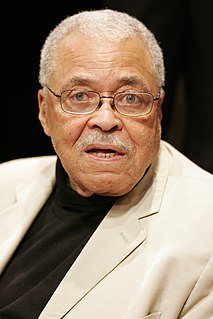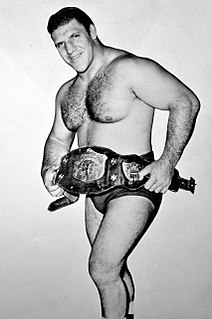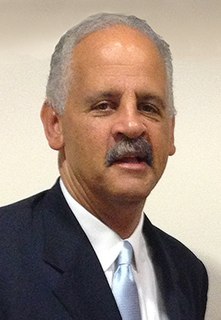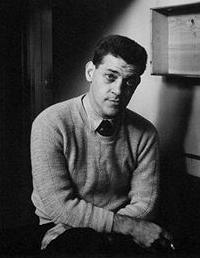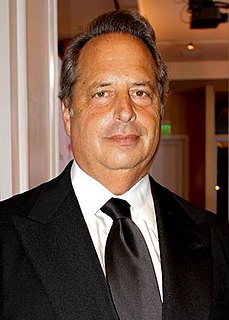A Quote by Chip Wilson
I had no idea, but I realized that probably thirty to forty percent of my brainpower was taken up with the questions that I couldn't answer- because I had no direction. When I got clear on exactly where I wanted to go, and set the goals to get there, my mind calmed down.
Related Quotes
Active questions are the alternative to passive questions. There is a huge difference between, 'Do you have clear goals?' and 'Did you do your best to set clear goals for yourself?' The former is trying to determine the employee's state of mind; the latter challenges the employee to describe or defend a course of action.
You have to sit with the songs until they start to live. Or do things straight-up spontaneously. I set up a beat just like I do in the live show, add the lyrics that I wrote in thirty minutes - I already had a topic in mind because I had this crazy experience with this girl who was trying to get close to me and it freaked me out because she was really close to another friend of mine, and I thought, "This is a story, I'm gonna make this into a song."
The director makes the movie. The director has to have the story in their head, has to know the style of the piece, has to answer questions from actors, design, set, lighting, every department throughout the pre-production, production, and post-production, because they've got it in their mind. They've got to know exactly what they want and what the style and story of the movie is. It's them. They make it.






